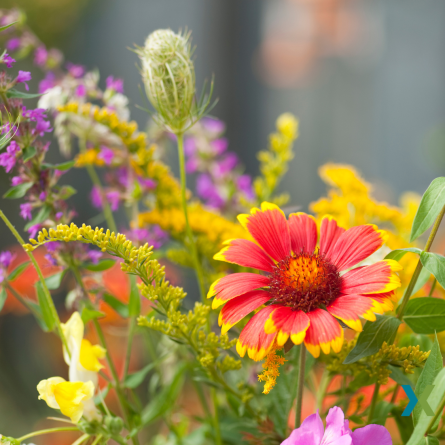Summer is a time for outdoor activities, vacations, and enjoying the warm weather. However, for many people, it also brings the challenge of managing summer allergies. Pollen, mold, and other allergens can trigger symptoms that can interfere with your enjoyment of the season. At Next Level Urgent Care, we want to help you understand how to manage your summer allergies effectively so you can make the most of this vibrant time of year.
Understanding Summer Allergies
Summer allergies are typically triggered by pollen from grasses, weeds, and trees, as well as mold spores. Common symptoms include:
- Sneezing
- Runny or stuffy nose
- Itchy or watery eyes
- Coughing
- Postnasal drip
- Fatigue
Tips for Managing Summer Allergies
- Monitor Pollen Counts
- Stay informed about the daily pollen counts in your area. Many weather websites and apps provide this information. Plan your outdoor activities for days when pollen levels are lower.
- Limit Outdoor Exposure
- On high pollen days, try to stay indoors as much as possible, especially during peak pollen times, usually mid-morning and early evening.
- Keep Windows Closed
- Keep your home and car windows closed to prevent pollen from entering. Use air conditioning to keep cool, and consider using a HEPA filter to reduce indoor allergens.
- Shower and Change Clothes
- After spending time outdoors, shower and change your clothes to remove pollen that may have accumulated on your skin and clothing.
- Use Over-the-Counter Medications
- Antihistamines, decongestants, and nasal corticosteroids can help relieve allergy symptoms. Consult with your healthcare provider to find the most effective medication for your needs.
- Try Natural Remedies
- Saline nasal rinses can help clear pollen from your nasal passages. Additionally, consuming local honey, although not scientifically proven, is a popular natural remedy that some people find helpful.
- Wear Sunglasses and Hats
- Wearing sunglasses and a hat with a brim can help keep pollen out of your eyes and off your face.
- Keep Indoor Air Clean
- Use an air purifier with a HEPA filter to reduce indoor allergens. Regularly clean and vacuum your home, and wash bedding frequently in hot water.
Special Considerations for Mold Allergies
In addition to pollen, mold spores can be a significant summer allergen, especially in humid environments. To manage mold allergies:
- Control Indoor Humidity
- Keep indoor humidity levels below 50% using a dehumidifier or air conditioner.
- Address Damp Areas
- Fix any leaks and ensure good ventilation in damp areas like bathrooms, kitchens, and basements.
- Clean Regularly
- Clean mold-prone areas frequently with mold-killing solutions. Use a mask and gloves when cleaning mold to avoid exposure.
- Avoid Outdoor Mold
- Mold can grow on fallen leaves, grass, and other plant material. Be cautious when mowing the lawn, raking leaves, or gardening. Wear a mask if you are sensitive to mold.
When to Seek Medical Help
If your allergy symptoms are severe or not relieved by over-the-counter medications, it’s important to seek medical advice. You might benefit from prescription medications, allergy shots (immunotherapy), or other treatments.
Signs you should see a doctor include:
- Persistent or severe symptoms that interfere with daily activities
- Difficulty breathing or chest tightness
- Frequent sinus infections or complications from allergies
Conclusion
By taking proactive steps to manage your summer allergies, you can reduce symptoms and enjoy the season to its fullest.
![NL Wordmark [Gradient] NL Wordmark [Gradient]](https://www.nextlevelurgentcare.com/wp-content/uploads/elementor/thumbs/NL-Wordmark-Gradient-7fm1iv6f0zylwqrxpy8kifrnrzsluqzzzofvqvs6smo.png)
